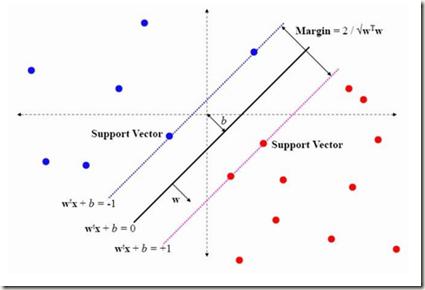Multi-omics data integration is crucial for understanding complex diseases, yet limited sample sizes, noise, and heterogeneity often reduce predictive power. To address these challenges, we introduce Omics-GAN, a Generative Adversarial Network (GAN)-based framework designed to generate high-quality synthetic multi-omics profiles while preserving biological relationships. We evaluated Omics-GAN on three omics types (mRNA, miRNA, and DNA methylation) using the ROSMAP cohort for Alzheimer's disease (AD) and TCGA datasets for colon and liver cancer. A support vector machine (SVM) classifier with repeated 5-fold cross-validation demonstrated that synthetic datasets consistently improved prediction accuracy compared to original omics profiles. The AUC of SVM for mRNA improved from 0.72 to 0.74 in AD, and from 0.68 to 0.72 in liver cancer. Synthetic miRNA enhanced classification in colon cancer from 0.59 to 0.69, while synthetic methylation data improved performance in liver cancer from 0.64 to 0.71. Boxplot analyses confirmed that synthetic data preserved statistical distributions while reducing noise and outliers. Feature selection identified significant genes overlapping with original datasets and revealed additional candidates validated by GO and KEGG enrichment analyses. Finally, molecular docking highlighted potential drug repurposing candidates, including Nilotinib for AD, Atovaquone for liver cancer, and Tecovirimat for colon cancer. Omics-GAN enhances disease prediction, preserves biological fidelity, and accelerates biomarker and drug discovery, offering a scalable strategy for precision medicine applications.
翻译:暂无翻译




